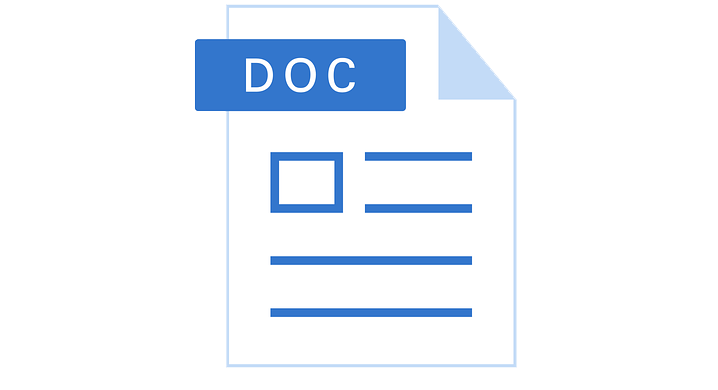Kedudukan Mahkamah Konstitusi Di Indonesia Dan Penerapan Yurisprudensi Dalam Kewenangan Mahkamah Konstitusi
Kewenangan, Mahkamah Konstitusi, Yurisprudensi
DOI:
https://doi.org/10.58705/jpm.v2i1.110Keywords:
Kewenangan Mahkamah konstitusi YurisprudensiAbstract
Indonesia is a constitutional democracy that bases its democracy on a rule of law, with the understanding that the Constitution is the highest law and must be the basis for all state administration. The Constitutional Court is necessary to serve as the guardian of the constitution and to fulfill Indonesia's aspirations to be a democratic nation because of its function in the country's constitutional framework and the effectiveness of its mechanism for reviewing laws. country depending on the law. The following findings can be reached through the use of normative legal research techniques: 1. In accordance with the provisions of Article 24C paragraphs (1) and (2), the Constitutional Court has the power to hear cases at the first and final levels in relation to constitutional law violations, disputes over the legitimacy of state institutions, the dissolution of political parties, and cases involving the outcome of general elections. With this authority, it is clear that the Constitutional Court cooperates with all state institutions, especially when there is a dispute between state institutions or when a procedure for reviewing a law occurs and the institution wants the involvement of the Constitutional Court, 2. The Supreme Court and other courts within its scope is not obliged to accept the authority of the Constitutional Court, and the Constitutional Court itself is also free to exercise its own jurisdiction.
Downloads
Published
How to Cite
License
Copyright (c) 2023 Jurnal Penelitian Multidisiplin

This work is licensed under a Creative Commons Attribution 4.0 International License.









